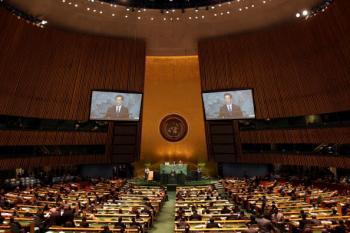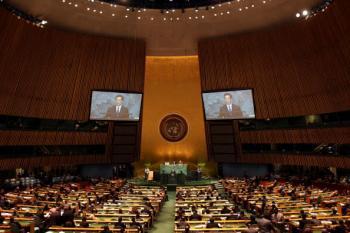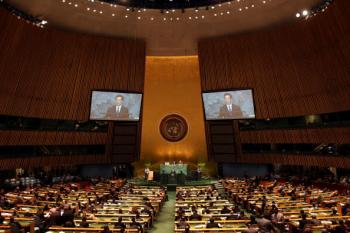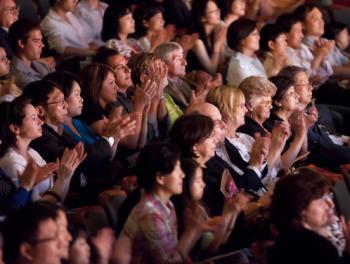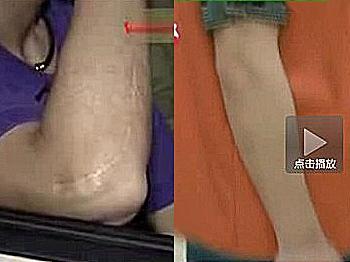China’s leader Hu Jintao’s visit to the U.S. comes at a time when the Chinese Communist Party (CCP) is facing challenges both domestically and internationally.
During his five-day stop in the United States, Hu has attended the U.N. summit on climate change and the G20 summit in Pittsburgh, focused on the global financial crisis.
At the same time, unresolved Chinese domestic and international issues are still bubbling away. Calm has not yet been restored to Xinjiang since the riots in July, the announcement of Hu Jintao’s heir during last Tuesday’s Fourth Plenary Session was postponed, and the recent Sino-America trade dispute over increased U.S. tariffs on Chinese-made tires is unresolved.
Regime leaders generally use overseas trips to boost their political credentials. An examination of the challenges that Hu is facing, however, would indicate that his recent visit comes at an inconvenient time.
Heir apparent fails to win in party plenum
The failure of Hu Jintao’s heir apparent, Xi Jinping, to gain promotion in last Tuesday’s Party strategy meeting has brought widespread speculation.
Current second-in-command Xi Jinping was widely anticipated to be promoted to the position of deputy chairman of the Central Military Commission during the meeting, and the move would have assured his smooth ascension to the future Party leadership.
That Xi was ultimately not promoted raised questions among commentators about power succession in China. Some China observers in Hong Kong commented that the incident reflects intense internal political struggles.
